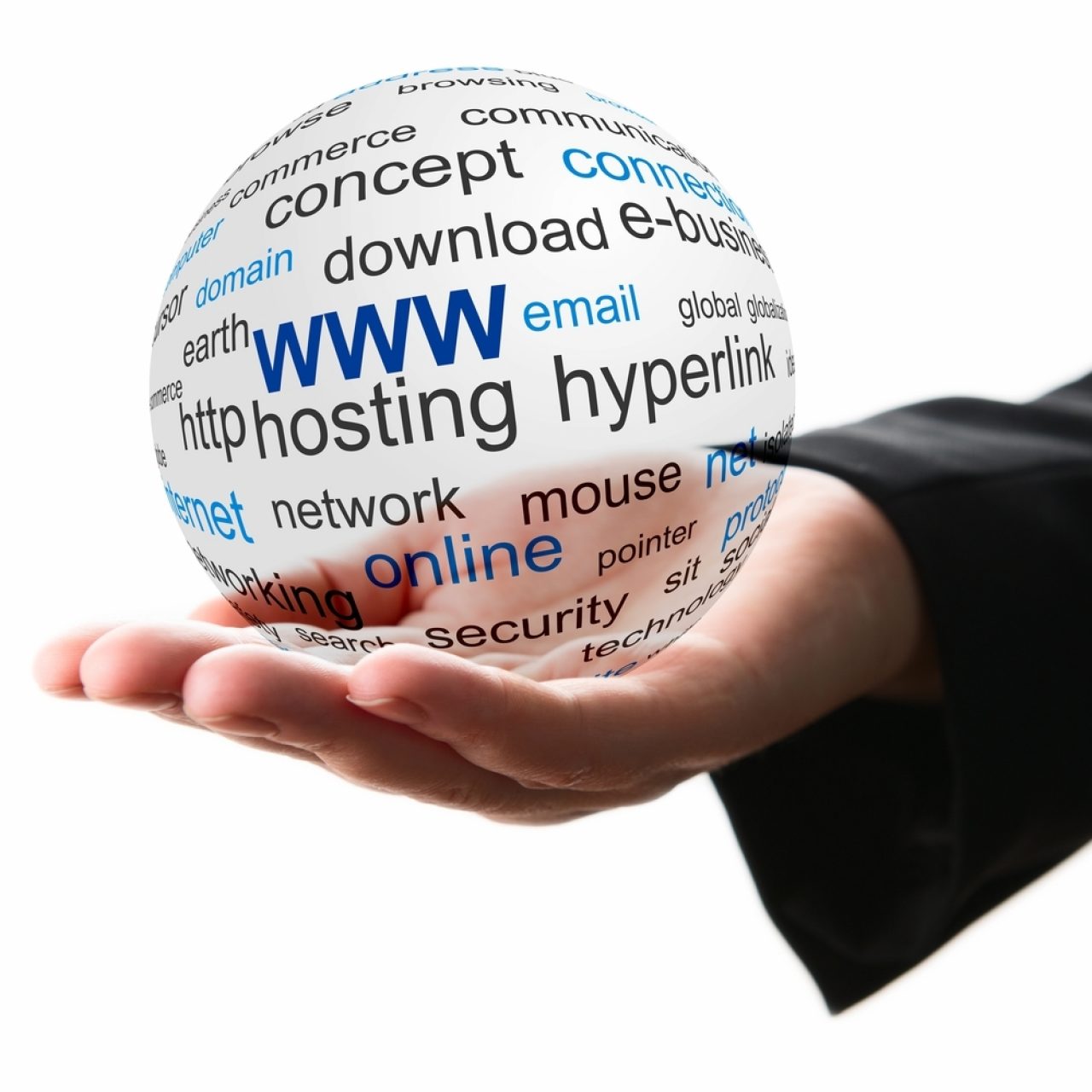The World Wide Web Is All Grown Up
The World Wide Web is growing up, turning 25 this month. In February we posted a Throwback Thursday article about Tim Berners-Lee, who put forward a proposal for the concept that would become the World Wide Web we now use every day. Trying to sum up the impact of the Internet is almost impossible. The change
The World Wide Web is growing up, turning 25 this month. In February we posted a Throwback Thursday article about Tim Berners-Lee, who put forward a proposal for the concept that would become the World Wide Web we now use every day. Trying to sum up the impact of the Internet is almost impossible. The change it has brought about in our daily lives is immeasurable. Let look at some ways the World Wide Web has changed our world forever.
Email. From the very first message inscribed in stone to modern satellite communications, human beings have always sought faster, better ways to send important messages to one another. The formation of the postal service provided a reliable method, successfully advancing official exchanges. However, the invention of email permanently changed the way formal communications take place. Email offers numerous benefits over traditional methods. It's free and the person receiving it gets the message within seconds versus days. Email saves trees. According to Conservatree, one tree makes 8,333 sheets of typical 20 lb. weight copy paper. If we assume one newsletter sent to one recipient would consume at least one sheet of paper (that’s being very conservative), one tree = 8,333 emails. It’s estimated that over 250 billion emails are sent a day. 250 billion emails/day divided by 8,333 = 30,001,200 trees saved every day! Email provides time-stamped proof of an interaction. It's also easy to archive for future recall, and contains details of correspondence. People can use email to transfer files and pictures from one location to another, making it almost a necessity in modern life.
Business. No one owns the web. But enormous business empires have been built because of it. Look at the likes of Apple, Microsoft, Google, and Facebook. Imagine if they had to pay a share of their profits to someone who owned the Internet. Remember the dot-com bubble? Internet fever drove the tech-dominated Nasdaq composite index to a record high of 5,048, ahead of the bursting of the dot-com bubble, eroding more than 75% of the Nasdaq value by 2002. The index failed to reach 5,000 over the next 14 years. Let’s not forget e-commerce. Online commerce for 2013 topped $1 trillion, according to private surveys.
Speed. Shortly after the World Wide Web was publicly launched in 1991, it needed a 14,400 bits per second modem. When you consider that an average song from Apple’s iTunes store is now about four megabytes in size, it means you’d probably need to have been connected to the phone for the best part of 45 minutes just to get one tune, let alone a whole album. Today, though, you can get Google fiber, which offers 1 gigabyte per second download speeds.
The Internet also gives us access to a speed of a different kind: immediate access to all sorts of information. Speed of information has changed how we view the world. We can give and receive information faster than ever. News stories are delivered instantaneously, and from all over the world. The idea of a global neighborhood is suddenly much more easier not only to comprehend but to put into practice.
Social media. There is no getting around the fact that social media has changed the way that we interact with those around us. Depending on whom you ask, this is either a great thing or an absolute disaster; in reality, it falls somewhere in the middle. The biggest change in the way that we interact due to social media is the sheer number of people that we can interact with. In the past you were limited largely to people that you knew in person; today you can easily and quickly interact with people from all around the world. This is why you see people who have thousands of Facebook friends.
This gives you the opportunity to share opinions with a far wider range of people. Another big change that has occurred because of social media is that there is now no filter on your communication. In the past unless you spoke to people directly you had no way to get your message out that wasn't controlled by somebody else. You could write a letter to the newspaper or you could buy time on television, but these were still controlled by the newspaper editors and the television station. Nowadays you can use social media to get your message out to thousands or even millions of people uncensored.
At the end of 2013, 2.7 billion people worldwide were connected to the Internet. That’s roughly about 40% of the world’s population. Isn't that amazing?
We want to hear what some of your favorite Internet memories over the past 25 years. How do you think the Internet has changed your life?

 Member Connect
Member Connect